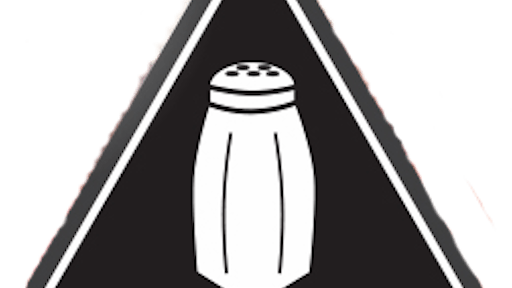
New York City is facing an imminent challenge to a new rule requiring restaurant chains to post warnings on dishes with high amounts of salt, the latest battle in its campaign to improve public health on the fast-food front, according to Bloomberg.
The city has banned trans fats and required menus to list calorie counts, though it lost in its bid to limit the size of sugary drink servings. Now the National Restaurant Association says it’s planning to sue to block the sodium rule, which goes into effect today. The regulation places an “overly onerous and costly burden” on eateries already dealing with higher costs from Governor Andrew Cuomo’s plan to create a $15 minimum wage for fast-food workers, the group said.
The rule is “the tipping point for the hardworking men and women that own and operate New York’s restaurants,” said the Washington-based association, which represents more than 500,000 restaurants nationwide.
The city requires restaurants with at least 15 U.S. locations to identify menu items with more than 2,300 milligrams of sodium and label them with a warning icon of a salt shaker in a triangle.
To read more, click HERE.
Editors Insight: The restaurant industry needs to work harder at gaining support for uniform labeling requirements that cover all types of labels. Strong, nationwide labeling rules will reduce the likelihood of regional and local regulations such as the New York City salt shaker signs that can burden restaurants and consume the industry’s legal resources.
Food industry organizations are the best resources for government agencies that regulate food labeling. Government agencies have a responsibility to protect consumers, a responsibility they share with the food industry.
Industry and government won’t always agree on regulatory measures. But a collaborative relationship will be in everyone’s best interest. Industry organizations need to be more proactive in how they work with government. 12-01-15 By Elliot Maras




























